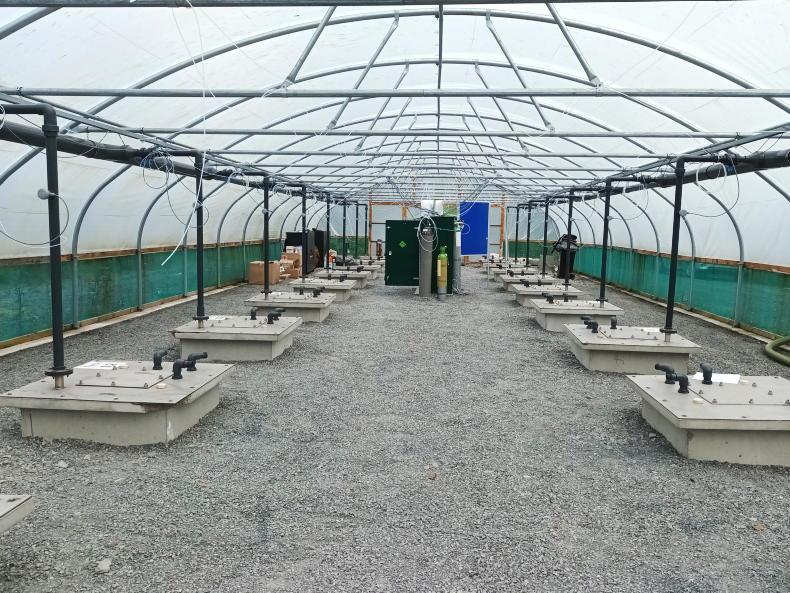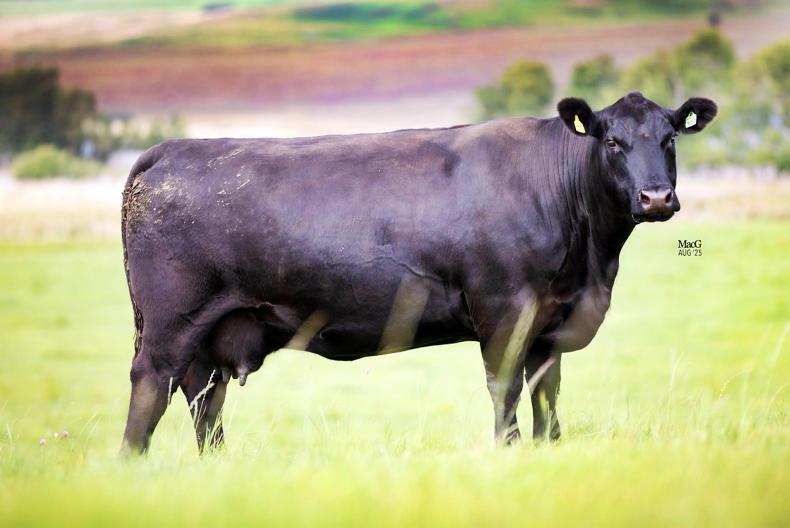Royal DSM, has announced at COP26 in Glasgow that it is planning a large-scale production increase for its methane-reducing feed additive for ruminants, Bovaer, with a new plant at its existing site in Dalry, Scotland.
DSM’s Dalry manufacturing site has been in operation for over 60 years and produces micro-nutrients. It is also the only western producer of vitamin C. The new plant is targeted to be operational in 2025.
Bovaer is a feed additive for cows. The company states that just a quarter teaspoon per cow per day can reduce enteric methane emissions by approximately 30% for dairy cows and even higher percentages (up to 90%) for beef cows.
According to the company, the feed additive contributes to reductions of the environmental footprint of meat, milk and dairy products. It is the most extensively studied and scientifically proven solution to the challenge of burped methane to date.
Emissions targets
Reducing methane emissions is crucial to reach the Paris Agreement target of maximum 1.5°C global warming, especially since methane’s warming effect is shorter lived and much more potent than carbon dioxide.
Nicola Sturgeon, first minister of Scotland, said: “Methane reducing feed additives are a crucial part of the solutions that the agriculture sector needs to deploy towards achieving climate ambitions.
“This multi-million pound investment will make Scotland the home of this innovative product and highlights that Scotland is leading the way in delivering a net zero future.”
Scottish Enterprise’s managing director, Linda Hanna added: “Royal DSM’s Project Bovaer has the potential to be a gamechanger for the world’s net zero ambitions and I am delighted that Scotland was chosen as the ideal location for this project.”
Methane pledge
Experts at COP26 have emphasized the great impact additional focus on methane emissions reduction can have, which was also expressed in the recently announced global pledge aiming at reducing methane emissions by 30% by 2030.









SHARING OPTIONS